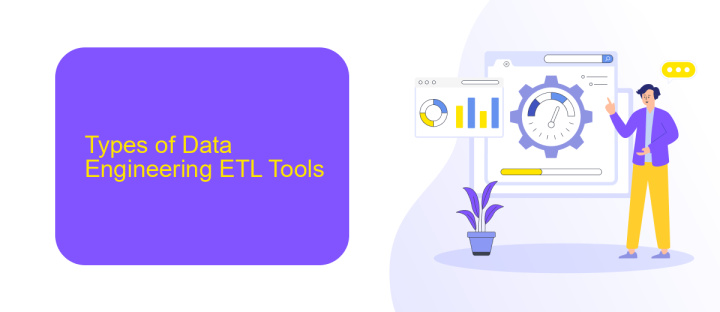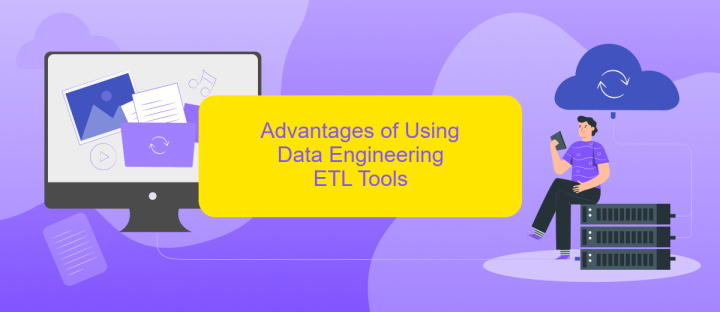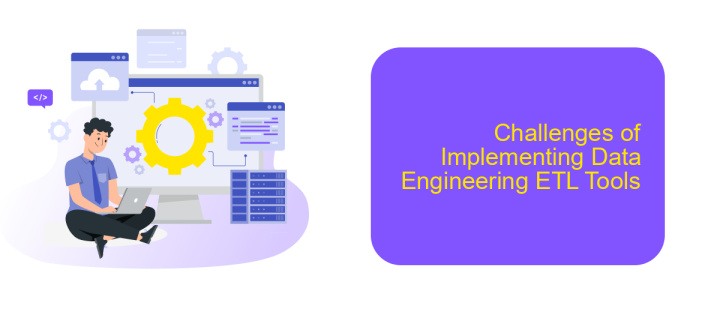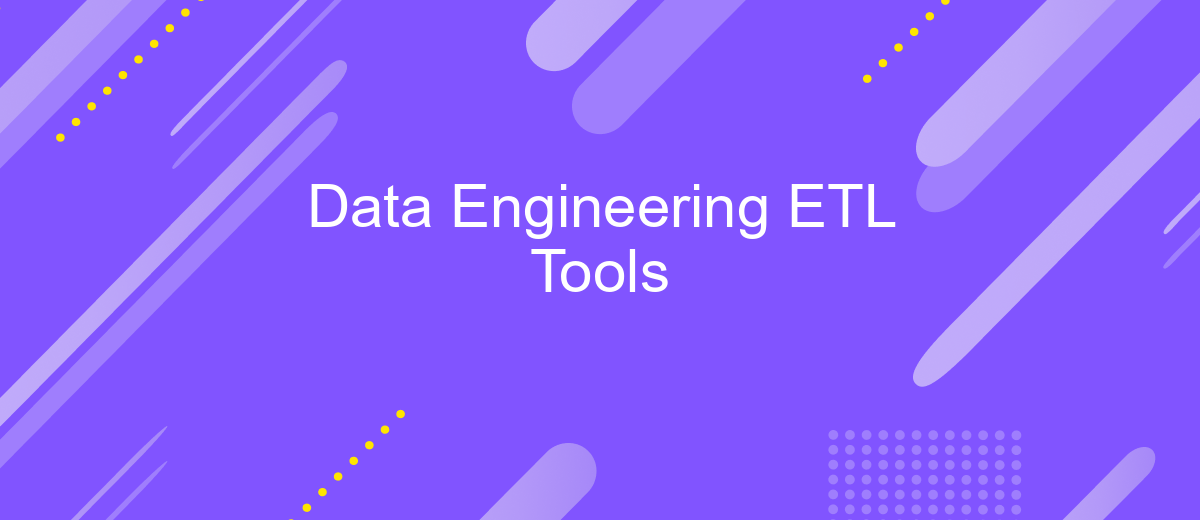Data Engineering ETL Tools
Data Engineering ETL (Extract, Transform, Load) tools are essential for managing and optimizing data workflows in modern enterprises. These tools facilitate the seamless extraction of raw data, its transformation into meaningful formats, and the efficient loading into data warehouses or other storage solutions. In this article, we will explore the key features, benefits, and popular ETL tools that drive data-driven decision-making.
Introduction to Data Engineering ETL Tools
Data engineering ETL (Extract, Transform, Load) tools are essential for managing and processing large volumes of data in modern enterprises. These tools facilitate the movement of data from various sources, transforming it into a usable format, and loading it into target systems such as data warehouses or data lakes.
- Extraction: Collecting data from diverse sources such as databases, APIs, and flat files.
- Transformation: Converting data into a suitable format using cleaning, aggregating, and enriching processes.
- Loading: Transferring the transformed data into a target system for analysis and reporting.
Effective ETL tools streamline data integration, ensuring data consistency and quality. Services like ApiX-Drive enhance this process by offering automated data transfer between various platforms, reducing manual intervention and errors. By leveraging ETL tools, organizations can make data-driven decisions more efficiently, ultimately driving business growth and innovation.
Types of Data Engineering ETL Tools

Data engineering ETL tools can be broadly categorized into several types based on their functionality and deployment models. Traditional ETL tools like Informatica and Talend focus on on-premises data integration, providing robust features for data extraction, transformation, and loading. Cloud-based ETL tools such as AWS Glue, Google Dataflow, and Azure Data Factory offer scalable solutions that integrate seamlessly with cloud storage and computing services, making them ideal for handling large-scale data operations.
Another category includes real-time ETL tools like Apache Kafka and StreamSets, designed for streaming data processing and real-time analytics. These tools are essential for applications requiring immediate data insights. Additionally, there are specialized tools like ApiX-Drive, which simplifies the integration of various APIs and automates data workflows between different platforms. ApiX-Drive is particularly useful for organizations looking to streamline their data integration processes without extensive coding, thus enhancing operational efficiency.
Advantages of Using Data Engineering ETL Tools

Data engineering ETL tools play a crucial role in modern data management by streamlining the extraction, transformation, and loading of data from various sources. These tools offer a range of advantages that enhance the efficiency and reliability of data workflows.
- Automation: ETL tools automate complex data processes, reducing the need for manual intervention and minimizing human error.
- Scalability: They can handle large volumes of data, making it easier to scale operations as your business grows.
- Integration: Tools like ApiX-Drive facilitate seamless integration between different data sources and destinations, ensuring consistent data flow.
- Data Quality: These tools often include features for data cleansing and validation, ensuring high-quality data output.
- Time Efficiency: By automating repetitive tasks, ETL tools save significant time, allowing data engineers to focus on more strategic activities.
Incorporating ETL tools into your data engineering processes not only optimizes data handling but also enhances overall business intelligence capabilities. By leveraging tools like ApiX-Drive, organizations can ensure that their data integration is both efficient and reliable, paving the way for more informed decision-making.
Challenges of Implementing Data Engineering ETL Tools

Implementing Data Engineering ETL tools presents several challenges that can hinder the effectiveness and efficiency of data processes. One of the primary issues is the complexity of integrating various data sources, which often have different formats and structures.
Another significant challenge is ensuring data quality and consistency throughout the ETL process. Data from multiple sources can be incomplete, outdated, or inconsistent, making it difficult to maintain accuracy and reliability.
- Integration complexity due to diverse data formats
- Ensuring data quality and consistency
- Handling large volumes of data efficiently
- Managing and monitoring ETL processes
Services like ApiX-Drive can simplify the integration process by providing automated tools to connect various data sources seamlessly. This not only reduces the time and effort required but also helps maintain data integrity. However, it is crucial to continuously monitor and optimize these processes to address any emerging issues and ensure long-term success.
Best Practices for Using Data Engineering ETL Tools
When using Data Engineering ETL tools, it is crucial to start with a clear understanding of your data requirements and objectives. Define the data sources, transformation logic, and target destinations meticulously. This helps in designing an efficient ETL pipeline that minimizes errors and maximizes performance. Regularly monitor and update your ETL processes to adapt to changing data landscapes and business needs. Implement robust error-handling mechanisms to ensure data integrity and reliability throughout the ETL process.
Another best practice is to leverage integration services like ApiX-Drive to streamline data flows between various applications and platforms. ApiX-Drive offers automated data transfer and transformation capabilities, reducing manual intervention and the risk of errors. It supports a wide range of integrations, making it easier to connect disparate data sources and destinations. Additionally, ensure that your ETL tools and processes are scalable to handle growing data volumes and complexity, and always maintain comprehensive documentation for future reference and troubleshooting.
FAQ
What is ETL in Data Engineering?
Why is ETL important?
What are some common ETL tools used in Data Engineering?
How can I automate ETL processes?
What are the challenges of ETL?
Time is the most valuable resource for business today. Almost half of it is wasted on routine tasks. Your employees are constantly forced to perform monotonous tasks that are difficult to classify as important and specialized. You can leave everything as it is by hiring additional employees, or you can automate most of the business processes using the ApiX-Drive online connector to get rid of unnecessary time and money expenses once and for all. The choice is yours!

